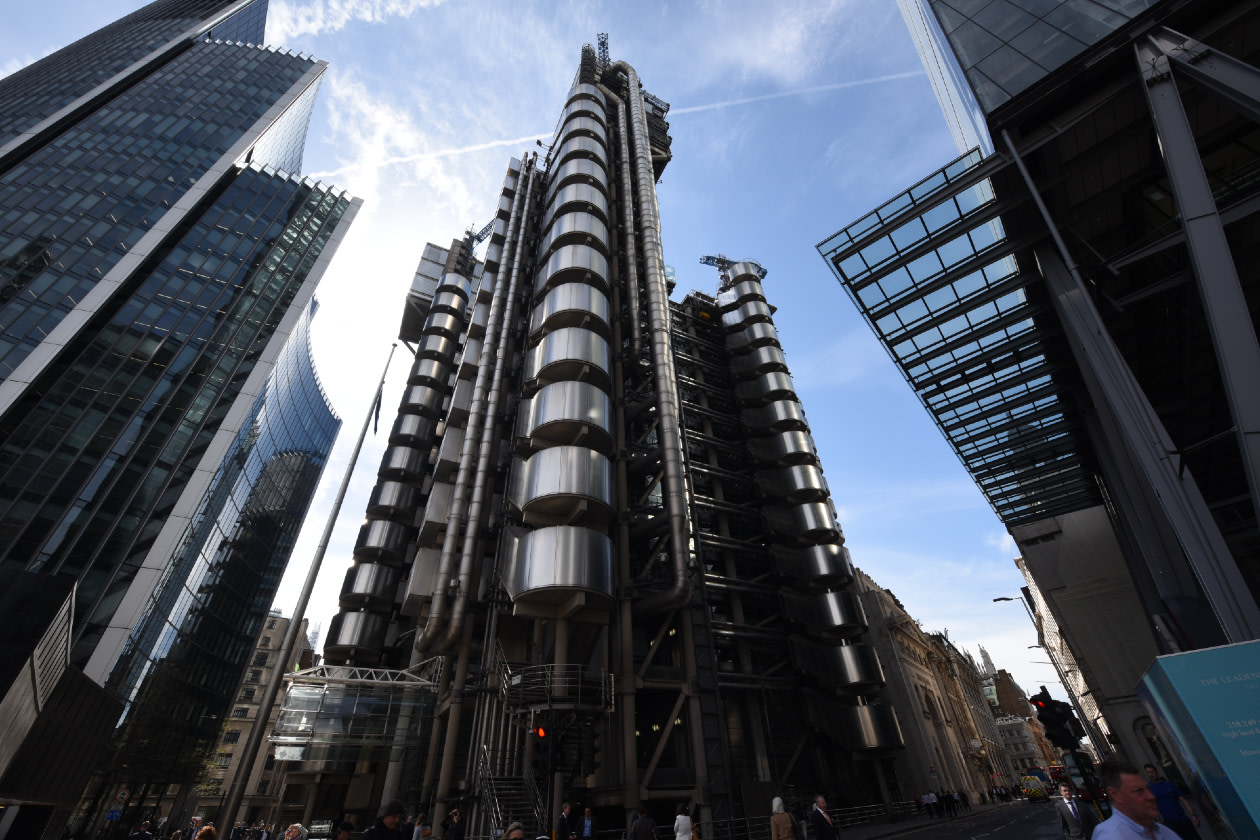Lloyds reported first quarter net income of £4.4bn, up 4% and in line with expectations. Within that, both interest income and other income were higher than last year. Banking net interest margin was up from 2.95% to 3.03%.
Underlying profit fell 13% to £1.5bn (£1.6bn expected), the drop entirely driven by a £309mn impairment charge which largely related to a weakening economic outlook. Non-performing loans remain at low levels.
There was a 4% rise in both loans and deposits. The group’s CET1 ratio, a key measure of financial strength, is 13.5% (target minimum = 13.0%).
For 2025, underlying net interest income is expected around £13.5bn (2024: £12.8bn).
The shares fell 2.0% in early trading.
Our view
First-quarter results fell slightly short of expectations, but it was a solid quarter, and the outlook remains positive. We think management has been cautious with its reserve build, and as a result, see some upside to current guidance.
Lloyds has a focus on traditional lending, so net interest margin (NIM - a measure of profitability in borrowing/lending) is key. There was a drop over 2024, but improving trends in the final quarter carried into the start of the current year – we see scope for more improvement as the year progresses.
Margins faced two headwinds over 2024. The first was mortgages refinancing in a lower margin environment and the second was savers moving into higher rate, longer term, products. Both trends are easing and shouldn’t be as material as we move through 2025.
Loan growth is key, so it was good to see momentum into the first quarter. Mortgages benefited from the pull forward of demand as buyers looked to beat stamp duty changes. Demand should continue to be strong over the year if interest rate cuts come through as expected.
The structural hedge has the potential to be a main driver of income over the medium term. Balances are being reinvested at higher rates and that’s expected to bring in an extra £1.2bn of hedge income in 2025.
The flip side of the focus on traditional lending is higher exposure to potential loan defaults. For now, UK borrowers are remaining resilient to pressures, and Lloyds has one of the higher-quality asset portfolios. But this remains a risk to monitor.
Very aware of its reliance on traditional financing, Lloyds has invested heavily in its other income plays (credit card fees, insurance, investment management). This should help provide an income tailwind when rates aren’t as supportive, and progress has been good.
The key risk in the short term is the FCA’s investigation into the mis-selling of motor finance. Lloyds is more exposed than other peers and has now set aside a total of £1.2bn in preparation for potential costs. We’re cautiously optimistic that provisions, plus what’s already been reflected in the valuation, will be sufficient. But it’s hard to say what the outcome will be.
Lloyds remains one of our preferred names in the sector, with strong capital levels that will hopefully support returns to shareholders over the next few years. That said, the valuation isn’t as attractive as it once was, and the overhang from the FCA investigation could act as a brake on any further rerating. There are no guarantees.
Environmental, social, and governance (ESG) risk
The financials sector is medium-risk in terms of ESG. Product governance is the largest risk for most companies, especially those in the US and Europe with enhanced regulatory scrutiny. Data privacy and security is also an increasingly important risk for banks and diversified financial firms. Business ethics, ESG integration and labour relations are also worth monitoring.
According to Sustainalytics, Lloyds’ management of material ESG issues is strong.
The FCA’s investigation into historical auto-lending practices between 2007 and 2021 is a risk for Lloyds. Provisions have been taken but the scale of the potential impact is still largely unknown, more details should come later in the year. There’s room for improvement in product governance and responsible marketing, though it demonstrates strong progress in integrating ESG factors into asset management and corporate financing.
Lloyds key facts
All ratios are sourced from LSEG Datastream, based on previous day’s closing values. Please remember yields are variable and not a reliable indicator of future income. Keep in mind key figures shouldn’t be looked at on their own – it’s important to understand the big picture.
This article is not advice or a recommendation to buy, sell or hold any investment.No view is given on the present or future value or price of any investment, and investors should form their own view on any proposed investment.This article has not been prepared in accordance with legal requirements designed to promote the independence of investment research and is considered a marketing communication.Non - independent research is not subject to FCA rules prohibiting dealing ahead of research, however HL has put controls in place(including dealing restrictions, physical and information barriers) to manage potential conflicts of interest presented by such dealing.Please see our full non - independent research disclosure for more information.


